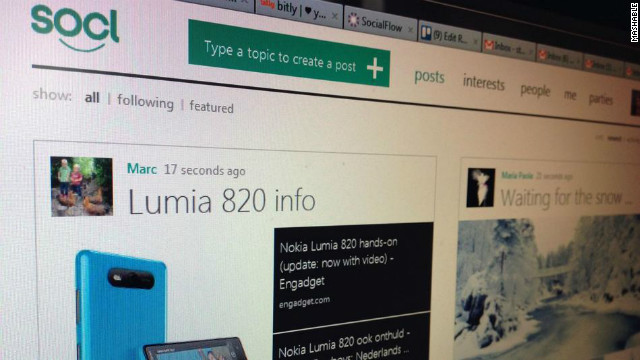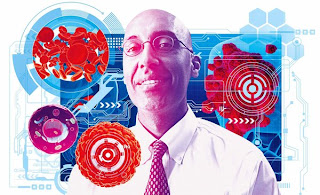Imagine seven of CNET's most senior editors locked in a room, arguing over the course of three days to determine the 100 biggest tech stories of the year for our annual CNET 100 package. We bickered, we pounded coffee, we reminisced, and we wrestled over some big questions -- including which products we considered the hands-down best of 2012.
The question of gadget supremacy intrigued us, so we decided to pull from our list of biggest newsmakers the five best devices of the year as well as the five most influential tech products of 2012. The ongoing battle between Apple and Google played itself out in our best list, with Samsung and its Android-based Galaxy S3 trumping the long-awaited iPhone 5 on a lineup of entirely mobile products. But there's more to the story of tech influence in 2012. Read on.
CNET's five best tech products of 2012
Regardless of popularity or industry impact, these five devices claim the best design, the most-compelling features, and the overall most impressive value among all the hundreds of mainstream tech products released in 2012. Our hats off to all five.



